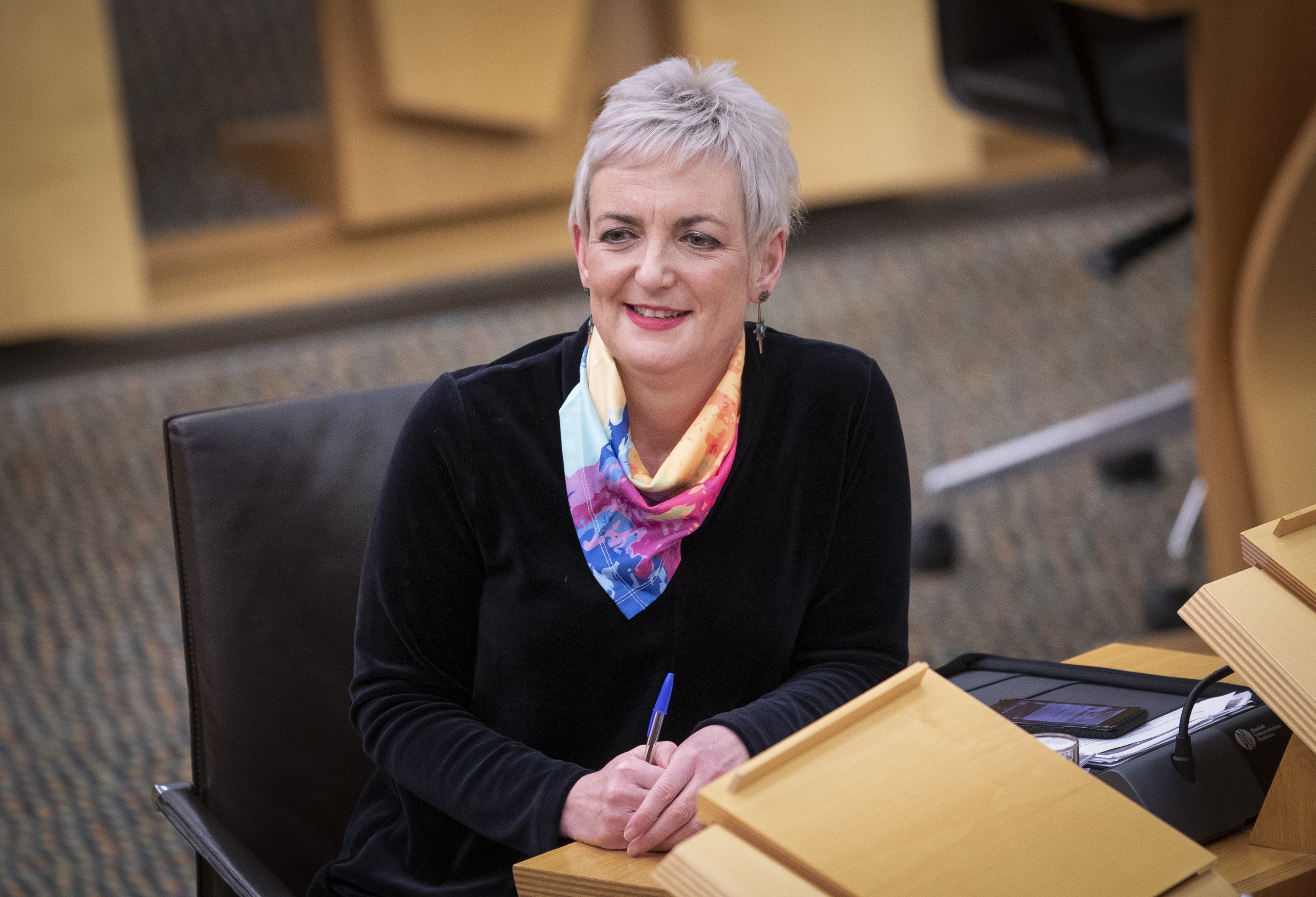At least 1,000 people to access rehab centres by 2026, says Scottish Government
The drug policy minister has outlined plans for £11m of funding to help reduce the number of drug-related deaths in Scotland.

Your support helps us to tell the story
From reproductive rights to climate change to Big Tech, The Independent is on the ground when the story is developing. Whether it's investigating the financials of Elon Musk's pro-Trump PAC or producing our latest documentary, 'The A Word', which shines a light on the American women fighting for reproductive rights, we know how important it is to parse out the facts from the messaging.
At such a critical moment in US history, we need reporters on the ground. Your donation allows us to keep sending journalists to speak to both sides of the story.
The Independent is trusted by Americans across the entire political spectrum. And unlike many other quality news outlets, we choose not to lock Americans out of our reporting and analysis with paywalls. We believe quality journalism should be available to everyone, paid for by those who can afford it.
Your support makes all the difference.The Scottish Government will increase the number of residential rehab beds in the country as it struggles with a drug-related deaths crisis that claims the lives of hundreds of people each year.
Angela Constance speaking in the Scottish Parliament on Tuesday, outlined her plans for at least 1,000 people to access a publicly funded drug rehab centre by 2026.
The SNP minister told Holyrood that over the next five years “everyone who wants residential rehabilitation, and for whom it is considered clinically appropriate, can access it”.
“My priorities are on making people’s rights real by funding and shaping new services, supporting the development of clear pathways and reforming the commissioning model,” the drug policy minister said.
“This is about supporting people, this is about getting more people into the treatment and recovery that is right for them. And by doing so we can help people flourish and feel hopeful about their futures and we, as a country, can see through this crisis to a better time.”
Under the proposals to increase the number of people who can access treatment, she announced more than £11 million of taxpayer funding for two drug projects to enable them to expand their residential rehabilitation services as part of a commitment to raise the number of beds in Scotland by 50% to 650 in 2026. At the moment, she told MSPs, there were just 425.
The cash has been awarded to the River Garden Auchincruive in South Ayrshire, which will use the funding over the next five years to increase capacity from seven to 56 residents, and also to build a new women’s unit.
And, Ms Constance said, NHS Lothian will receive around £5 million to create capacity to support roughly 600 additional placements over five years at Lothians and Edinburgh Abstinence Programme and increase capacity at the Ritson detoxification clinic from eight beds to 12.
Last year, 1,339 people died in Scotland because of drug use, a 5% rise from the year before, a figure that represented an all-time high for drug-related deaths in the country.
But the speed of the increase in beds came under fire from Liberal Democrat MSP Alex Cole-Hamilton, who said Scotland faced an issue of “global proportion” and that he was “very concerned” it would take five years to reach that figure.
“People are dying today,” said the MSP for Edinburgh Western. “What is keeping us? Why is this going to take so long to deliver?”
She told him: “We have taken significant steps forward, without detracting always from the need to do more and go further and faster, but as the first stage of our residential rehab programme we have committed £18 million; this will add an additional 77 beds, increase capacity by 18% and will provide 450 more placements over time, and this is an important first step.”
Sue Webber, the Conservatives’ shadow drugs policy secretary, said that Parliament had “heard again about the importance of getting more people into the treatment and recovery that is right for them”.
“The problem with that idea and ideology of person-centred care is in reality the care people receive is system-centred, or organisation-centred,” she said.
“Patients generally get what the system or organisation is willing and able to deliver.”